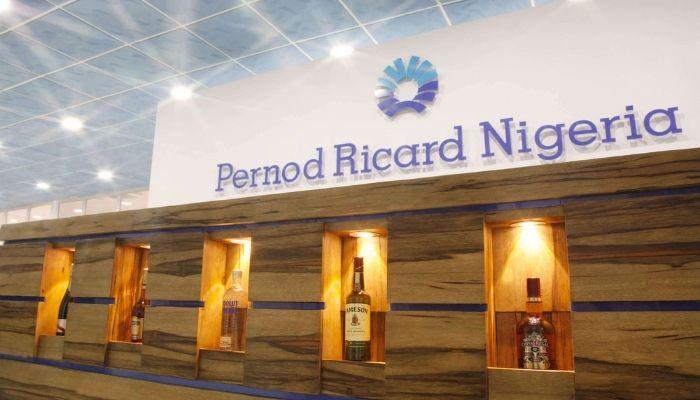
Nigeria’s four refineries operated at just 5.55 per cent of their combined nameplate capacity of 445,000 barrels daily (b/d), according to latest data released by Nigerian National Petroleum Corporation (NNPC), underlining that the oil-rich nation still relies heavily on imported products for its fuel needs.The operating capacity is the highest that the four refineries have reached in six months, the NNPC data show.
A breakdown of the March monthly oil and gas report showed that the refineries, which are located in Port Harcourt, Kaduna, and Warri, have continued to record deficit, with losses for the period under review rising to N16.03 billion.
Specifically, Kaduna recorded a deficit of N5.09billion; Port Harcourt, N5.37billion; and Warri, N5.56billion in March, against a combined revenue of N7.7billion during the month.
“The lower operational performance recorded is attributed to the ongoing revamping of the refineries, which is expected to further enhance capacity utilisation when completed,” NNPC said. Nigeria’s refineries, which include the northern Kaduna Refinery, and two plants located in Port Harcourt, have not operated beyond a quarter of their nameplate capacity for long now, mainly due to sabotage attacks on pipelines carrying crude to the plants as well as technical problems after many years of neglect.
With Dangote Refinery expected to commence operations within the timeline with a capacity of 650,000 b/d of crude oil, Nigeria’s existing refineries may cease to operate having continued to record huge deficit over the years.
Indeed, the Refinery is touted to have the capacity to meet 100 per cent of the domestic requirement of all liquid petroleum products (Gasoline, Diesel, Kerosene and Aviation Jet), leaving the surplus for export.
NNPC announced in March that it had secured the services of Italy’s Maire Tecnimont, to handle the overhaul of the 210,000 b/d Port Harcourt Refinery complex, with oil major, Eni, appointed as technical adviser.NNPC, in its February 2019 edition of the Monthly Financial and Operations Report (MFOR) in Abuja, had said crude oil export sales contributed $350.29million (71.48 per cent) of the dollar transactions compared with $240.23million contribution in the previous month.






